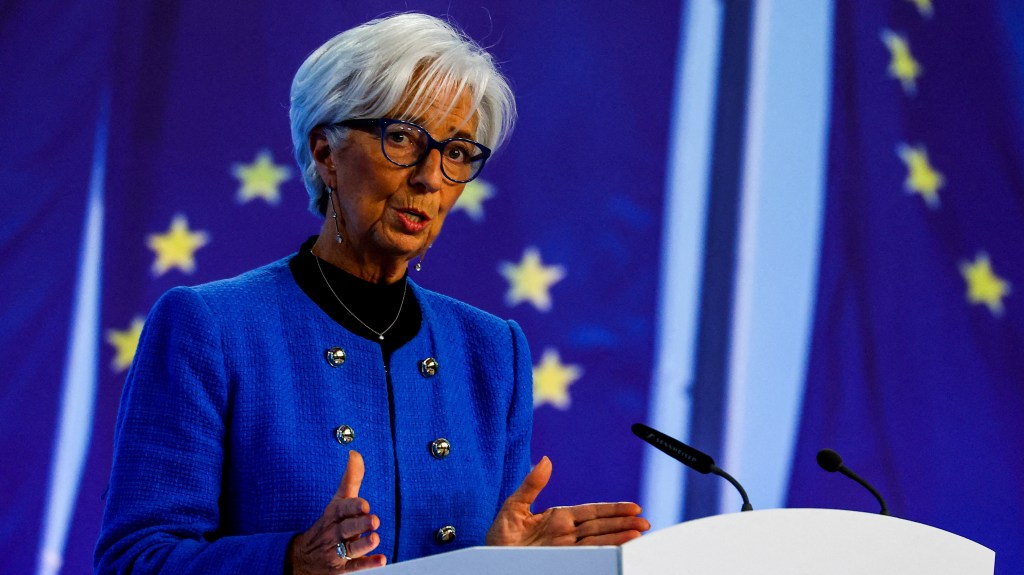Reeves Evaluates Energy Subsidy Proposal for Manufacturers
Rachel Reeves is closely examining potential plans to implement a £1 billion annual subsidy for manufacturers, responding to warnings that the UK could face accelerated deindustrialisation if energy costs remain high.
The Chancellor is contemplating measures to lower energy expenses for industries, with concerns that current costs are deterring investment and hindering the UK’s competitive edge.
The proposed scheme suggests that taxpayers would compensate manufacturers when electricity prices exceed a certain threshold, while manufacturers would pay the government when prices drop below an agreed level. This model has already been adopted by various European nations, including France, Denmark, Greece, and Hungary.
Key figures including Sir Keir Starmer, Jonathan Reynolds (Business Secretary), Ed Miliband (Energy Secretary), and Reeves have discussed this plan. Sources indicate that industrial energy pricing remains a critical concern, with a Downing Street official asserting that strategies to reduce costs are being taken seriously.
As Reeves prepares for the upcoming spending review and the announcement of an industrial strategy focused on eight vital economic sectors, stakeholders highlight that energy prices in the UK are significantly higher compared to those in Europe and the US, placing British industries at a competitive disadvantage.
This situation not only impacts existing sectors such as steel, ceramics, and chemicals but also hampers efforts to attract innovative technologies, including energy-intensive data centers.
In documents reviewed by The Sunday Times, the industry group Make UK has cautioned the government, stating, “Addressing high industrial energy costs must be a priority; otherwise, we risk jeopardising national security and failing to attract investment in manufacturing.”
Rain Newton-Smith, CEO of the Confederation of British Industry (CBI), conveyed to the Chancellor that elevated energy costs are a significant barrier to ambition and economic security that needs urgent resolution.
The strategy proposed by Make UK, termed a contract for difference, could incur costs of £1.1 billion annually over five years starting in 2027, aimed at guaranteeing energy prices. The organization posits that this upfront expense should be viewed alongside potential medium-term economic growth benefits of approximately £3 billion annually, contributing to an increase in tax revenue.
This policy could politically benefit the government by supporting constituencies in the Midlands and northern England, where Labour faces challenges from the Reform Party.
While some large energy-intensive businesses currently benefit from the British Industry Supercharger scheme initiated by the Conservatives in 2024, many industrial companies report ongoing struggles with high energy costs.
During a recent event with CBI, Reeves addressed business leaders, stating, “We recognize the urgency in making energy more affordable, particularly for our most energy-intensive industries where international price disparities hinder competitiveness. This is an issue we plan to tackle in the forthcoming industrial strategy.”
Further measures being proposed include increased drilling in the North Sea, which may create internal tensions regarding energy policies.
Addressing energy affordability is viewed as a crucial component of the industrial strategy outlined by the business secretary, which underwent consultation focused on eight sectors: advanced manufacturing, clean energy, creative industries, defense, digital services, financial services, life sciences, and professional services. The release of these findings was initially expected alongside Reeves’ spending review but has been postponed for another two weeks due to ongoing discussions about industrial energy costs.
Stephen Phipson, CEO of Make UK, remarked, “To retain major corporations, we must enhance our competitive stance, which will necessitate the government’s willingness to make difficult choices.”
Jakob Sigurdsson, head of the FTSE 250 Lancashire chemical firm Victrex, stated that the industry isn’t seeking handouts but needs viable government policies. His company’s energy expenses have escalated to £12 million—double the pre-invasion figures—against profits of £60 million. He noted that the price of electricity in the UK is four to five times higher than what a Chinese competitor pays, creating a significant cost disadvantage.
Sigurdsson emphasized the necessity for a comprehensive energy policy, arguing that tackling pricing mechanisms is essential. “Incremental changes won’t suffice; a significant energy transformation is required,” he asserted.
A government representative commented, “This administration is committed to creating quality jobs across the nation as part of a transformative plan that aims to increase disposable income for workers. The industrial strategy seeks to establish the long-term stability essential for our industrial regions.”




Post Comment